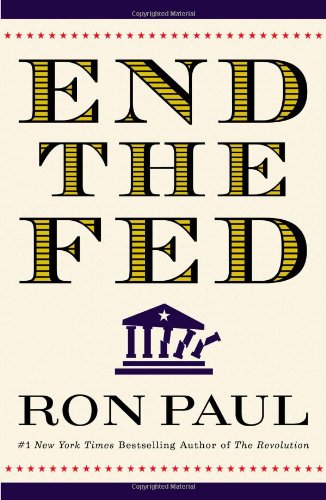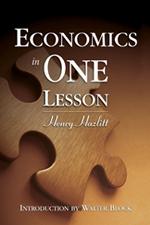Previously by Richard Daughty: All the Collateral that’s Fit to Print
To show you the kind of idiocy that passes for economics, The Wall Street Journal, in a story about the imminent rise in the minimum wage from $6.55 to $7.25 an hour, notes that the Economic Policy Institute “estimates that the minimum-wage increase will add $5.5 billion to the economy” which makes me laugh — Hahaha! — in a mocking-yet-scornful way as my humble way of saying, “These guys are idiots!”
If another lousy 70 cents an hour will add $5.5 billion to the economy, then raise the minimum wage by $7 an hour and add $55 billion! Or raise the minimum wage by $70 an hour and add $550 billion! Hahaha!
So I’ve got a real Hot Mogambo Tip (HMT) for these Economic Policy Institute (“a liberal think tank” says the WSJ) weenies: Wrong-o! Morons!
For one thing, money does not appear out of nowhere, including that $5.5 billion. It has to come from somewhere. And since these dorks obviously have no idea what in the hell they are talking about (which explains why the WSJ called them a “liberal think tank,” which is a euphemism for “idiots in a room”), the fact is that the businesses that pay the higher wages are going to have to charge more for their output to make up for the higher labor expenses or make $5.5 billion less in profits, which does not even include the higher charges for the employer-half of taxes on wages, higher unemployment insurance premiums or other expenses linked to wages.
In short, the whole $5.5 billion that will theoretically end up in the paychecks of low-wage employees will all be spent by them paying the higher prices that businesses will have to charge! Surprise! No free lunch! Hahaha!
And the businesses and employees that buy materials and supplies, but do not have any minimum-wage employees, will end up paying the higher prices charged by businesses that do, and they will have to raise prices, too! Hahaha! Surprise!
Apparently, the halfwits at the EPI never heard of the famous book by the famous Austrian-school economist Henry Hazlitt, Economics In One Lesson, where the One Lesson is that “The art of economics consists in looking not merely at the immediate but the longer effects of any act or policy; it consists in tracing the consequences of that policy not merely for one group but for all groups.”
And although some doofus “economist” named Heidi Shierholz at the EPI says “it is actually a good time” for an increase in the minimum wage, the fact is that businesses are not making any money as it is with the lower minimum wage… Bankruptcies are soaring, businesses are folding, consumers are broke and the economy is in a mess, which is NOT a “good time” to be raising the prices of anything, including labor, although the idiot state and local governments think it is a FINE time to raise taxes! Hahaha!
 End the Fed
Best Price: $1.12
Buy New $8.53
(as of 10:10 UTC - Details)
End the Fed
Best Price: $1.12
Buy New $8.53
(as of 10:10 UTC - Details)
And for proof of the decline in the economy, all one needs to do is look at the earnings of the S&P500, the 500 biggest corporations in America, which are down to a measly $6.86 in earnings, down from last year’s $84, which, with a current price of $896 for the index, gives a laughable P/E ratio of 130 for the S&P500! Hahaha! “Invest for the long-term by buying stocks that are so ridiculously overpriced that it makes you laugh so hard that it would make Graham and Dodd pee in their pants!” Hahaha!
Bill Bonner sums it up as, “No consumer spending, no sales. No sales, no revenues. No revenues, no one can stay in business. No small businesses. No new jobs. No new jobs, no economic recovery. No economic recovery and the meddlers are back on the Hill asking for more power and money.”
You can almost hear the sarcasm in his voice when he says, “No surprise there.”
And if you want another surprise, go look at the last 4,500 years of history and see how gold and silver fared against everything else, particularly paper currencies, economies based on paper currencies and assets whose value is reliant on paper currencies, and then you, too, will come to the conclusion, “Whee! This investing stuff is easy!”





